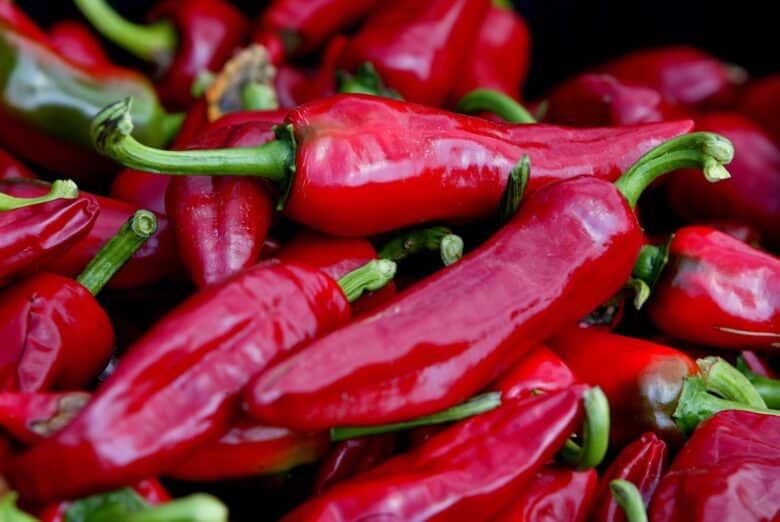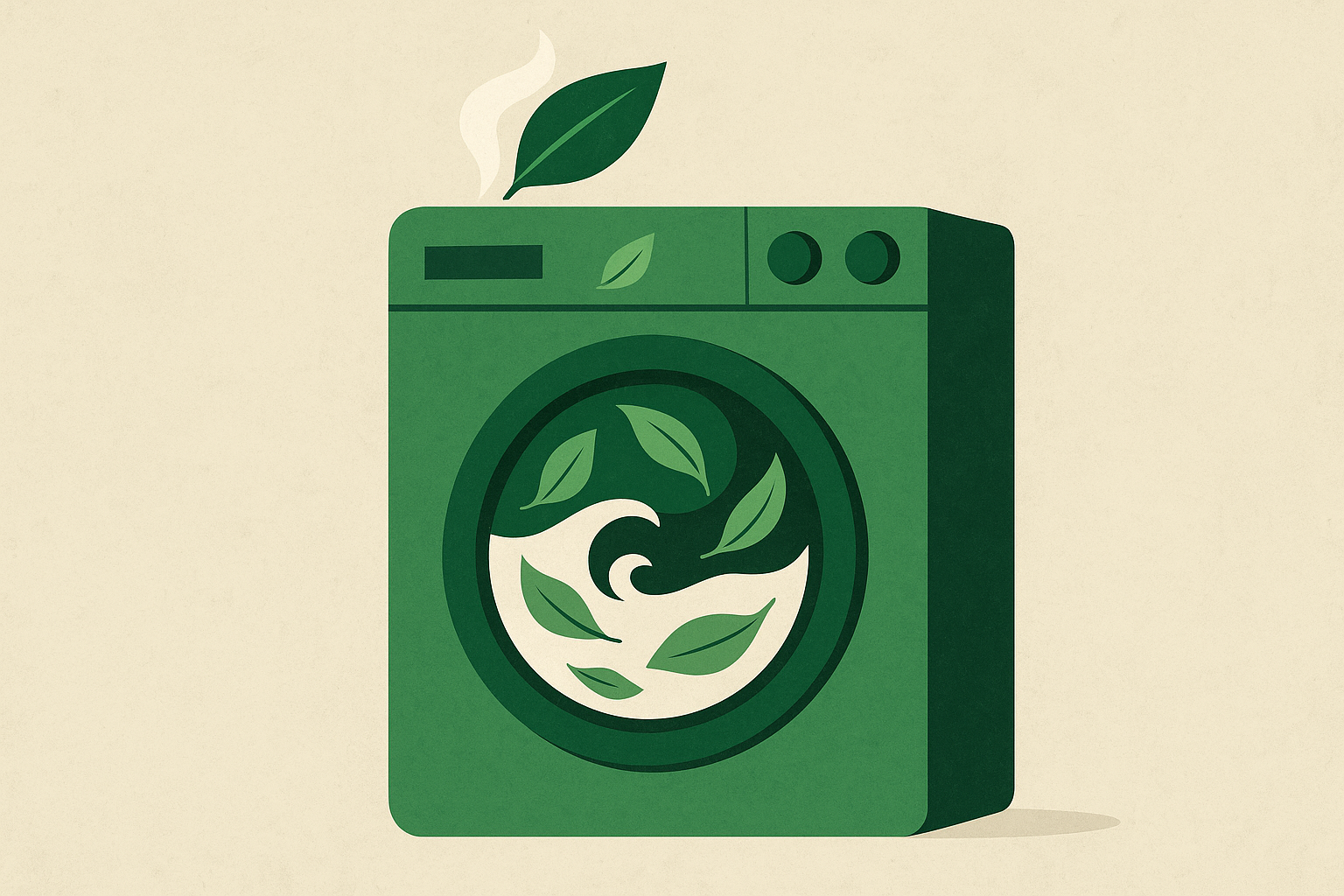
Selective distribution and luxury brands
November 25, 2022
Paris 2024 Olympic Mascots 🌟
December 19, 2022
When you hear in a conversation about intellectual property and global warming, you think you don’t see the connection.
And yet, the link between the two subjects does exist and the latter can have a strong impact on the former.
The most obvious example is the summer we just had, an exceptionally hot summer that caused a long drought that continued into the fall. This had an impact on the quantity and quality of fruit and vegetables produced, and this is where intellectual property comes in.
Indeed, many of our fruits and vegetables and other regional specialties benefit from protected designations of origin (PDO); PDO whose purpose is to guarantee, not only the origin of a product, but also the terroir (the know-how) that is attached. In order to benefit from it, it is necessary to comply with specifications, often with very precise and strict criteria, ranging from the size of the fruit, to its color, to the quality of its flesh and juice.
The difficulty posed by global warming is that droughts are becoming more frequent and longer, which potentially leads to a reduction in the size of fruits and vegetables, and even a loss or alteration of their taste qualities. They no longer meet the criteria set by the specifications of the protected designation and can therefore no longer benefit from it.
If the problem has arisen quite directly for producers of fruit and vegetables, including this year for the Menton Lemons and Espelette Pepper, the subject also affects and even largely cheese producers. Indeed, with dry pastures that animals cannot graze, producers are sometimes forced to move their animals outside the area of the designation or to feed them differently and at the end of the process, the cheese can no longer benefit from the PDO. This is how, for example, some Salers PDO cheeses have had to switch to Cantal fermier.
While there may be exemptions from compliance with the criteria of the PDO specifications, the solution is not permanent, and adaptation requires changes to the specifications to make them more flexible and/or changes in production methods.
In this sense, the other sector affected by climate change, the wine sector, has already had to deal with these climatic hazards for many years, the vine being even more sensitive.
The industry has therefore already started to work on adapting its production to global warming, in order to resist it while preserving the quality of the product.
In conclusion, if intellectual property can adapt to climate change to allow producers of all sectors to continue to market their products without cutting back on quality, the only solution remains to act against global warming to preserve the products and appellations that are the pride of our country and the happiness of those who taste them.
– Philippe BOHLAND, Industrial Property Attorney and Partner at Mark & Law



